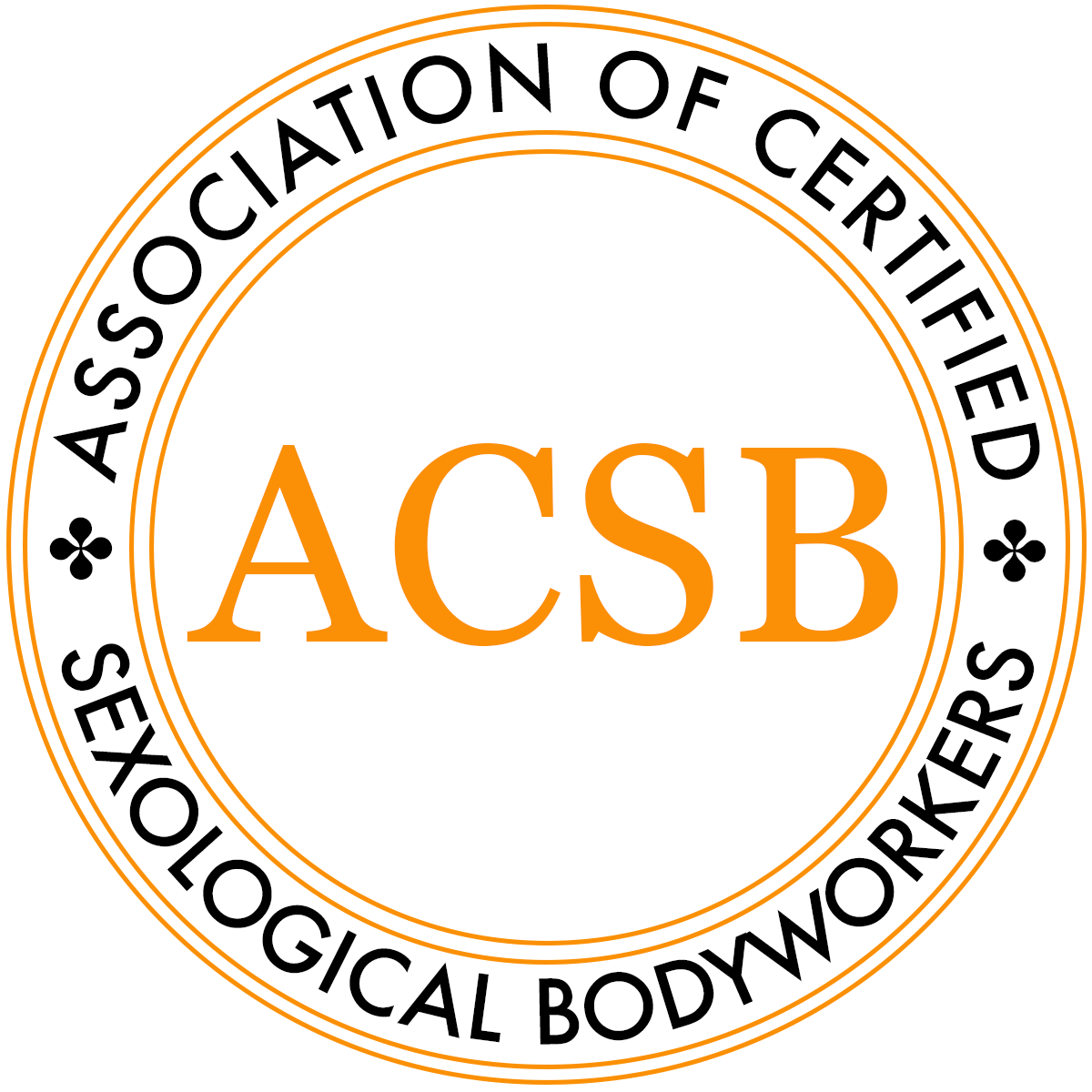
ACSB Grievance Learning, Repair & Accountability Process
Your voice matters
ACSB Grievance Learning, Repair & Accountability Process
The ACSB chooses to facilitate grievance processes that involve a violation to our Code of Ethics because we believe in the ethos of “do no harm”. We acknowledge the trust given to us in our profession requires that all of us uphold the Code of Ethics to maintain safety in the field. When a breach of this trust ensues, it is paramount that our community rallies to repair the harm and instill better practices to mitigate the potential of future harm within the profession.
Within your membership with the ACSB, you have the opportunity to be guided along a compassionate process designed to bring you more integrity in your work. Any actions or decisions taken by the Grievance Council aim to keep you in the fold of this profession while simultaneously reducing harm.
By having a grievance process, we are letting future, past and present clients know that we take the responsibilities of our profession seriously and that there are procedures already in place if they should ever feel harmed in an interaction with any member practitioner.
Submitting a Preliminary Grievance Statement:
If you feel you have experienced or witnessed harm (that constitutes a violation of the ACSB Code of Conduct and Ethics), we invite you to submit a Preliminary Grievance Statement (PGS). We honor your subjective experience and, after receiving your Preliminary Grievance Statement, we will gather the necessary information which will lead us to the next steps in the process.
By utilizing the form in the form linked above your Preliminary Grievance Statement will be submitted to the Grievance Council and will first be received by the Grievance Council Chair. You will receive an email confirmation of receipt within 3-5 working days.
*Please notify us if your language preference is anything other than English.
Once we have received a Preliminary Grievance Statement:
The practitioner named will receive notification that a compaint has been received
We will temporarily suspend the public profile(s) of the practitioner from the ACSB website. This is not a punitive measure but a temporary measure to immediately de-escalate the situation and protect both the person reporting the incident and the practitioner
If the Preliminary Grievance Statement shows a possible breach of the ACSB Code of Conduct & Ethics, the Grievance Council will review the information provided by the Complainant (and others, if applicable)
Two to three Grievance Council members will be assigned as contact people for the complaint
They will then reach out to the Complainant to offer a Discovery Call
All information gathered in this informal conversation will be brought back to the Grievance Council at large, for a determination concerning next steps to be offered to the Complainant
If the complainant wishes to move forward and be named, an email will be sent to the Practitioner Under Review by the same Grievance Council members to offer a Discovery Call to them
Possible next steps include (but are not limited to):
Pathway 1: An Informal Adjustment/Warning
Pathway 2: A Restorative/Transformative Justice Process
Pathway 3: An Arbitration Process
Pathway 1: An Informal Adjustment/Warning – If the complainant chooses not to pursue Pathways 2 or 3 or does not want to be named, the Grievance Council may request a discussion with the practitioner and suggest areas they might address in their professional practice
Pathway 2: A Restorative/Transformative Justice Process (R/TJ) – R/TJ Transpires in a series of circles (Affinity Circles and Learning Circles) with a goal of listening, learning and (ideally) repair as each individual – as well as the community-at-large – is invited to take responsibility for their role(s), behavior, impact, healing and learning. All participation in the Restorative/Transformative Justice process is voluntary. Neither the Complainant or the Practitioner Under Review are required to participate and can step out at any point in the process, even if they preliminarily agree to participate.
Pathway 3: An Arbitration Process – if the Practitioner Under Review refuses to participate in an R/TJ process OR if the complaint constitutes an immediate safety issue, acute danger, and/or a legal issue, the Grievance Council may proceed with Arbitration on behalf of the ACSB membership community and the profession at large. In the most severe circumstances the ACSB, under ‘Duty To Warn’, may submit a formal report to legal authorities and/or support the Complainant to do so. Arbitration will conclude with a Report of Findings & Recommendations, to be approved by majority vote of the Grievance Council as a whole.
More about: The Grievance & Repair Process : : The Grievance Council

Grievance Procedure and Online Complaint Form
Your voice matters.

